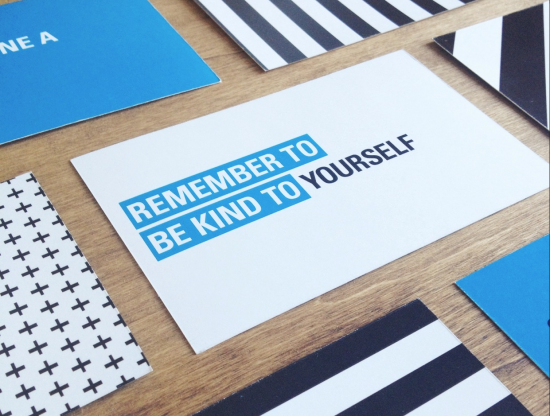Avoid Burn Out with The Kindness/Toughness Paradox
By Grace Anne Cole
You can’t take care of others until you can take care of yourself first. By looking after your body, you are demonstrating that you care about and respect yourself, while creating optimal conditions to generate the energy you need as an effective leader.
In order to be effective leader, leadership coach Stephanie Soler encourages us to embrace the “kindness/toughness paradox.”
To get the most out of yourself and others, balance kindness and toughness – starting with yourself. Many leaders believe that kindness and toughness are mutually exclusive. In reality, we are most open to challenging ourselves and growing when we feel fundamentally worthy and accepted. Kindness is a prerequisite of toughness.
In order to produce a sustainable resilience, Soler says it’s about being kind to your head, heart, and body:
Re-energize your head. The way we talk to ourselves creates an environment in our heads. Notice how you talk to yourself. What kind of environment do you create in your head? Do you soothe and praise, focusing on the present moment? Or do you criticize and blame, dwelling on the past and worrying about the future? . . .
Re-energize your heart. . .Use your feelings as data to uncover what you want and need. Sadness is a clue that you need to comfort yourself. Anger is a clue that you need to protect something important to you. Envy and jealousy are clues that there is something you desire or seek. Happiness is a clue that your needs are being met. . .
Re-energize your body. . . To take care of your body, notice what your body wants and needs to feel good. Then devote time and energy to do the things that make your body feel better. Get sufficient sleep. Eat well. Do exercise that makes you stronger and more flexible. Get a massage. Go to the doctor. Get glasses. Wear clothes and shoes that fit and feel comfortable. . .
When you take good care of yourself, the more resilient you will feel and the better you will be able to respond to others’ feedback. Moreover, the way you treat yourself informs the way you treat others.
